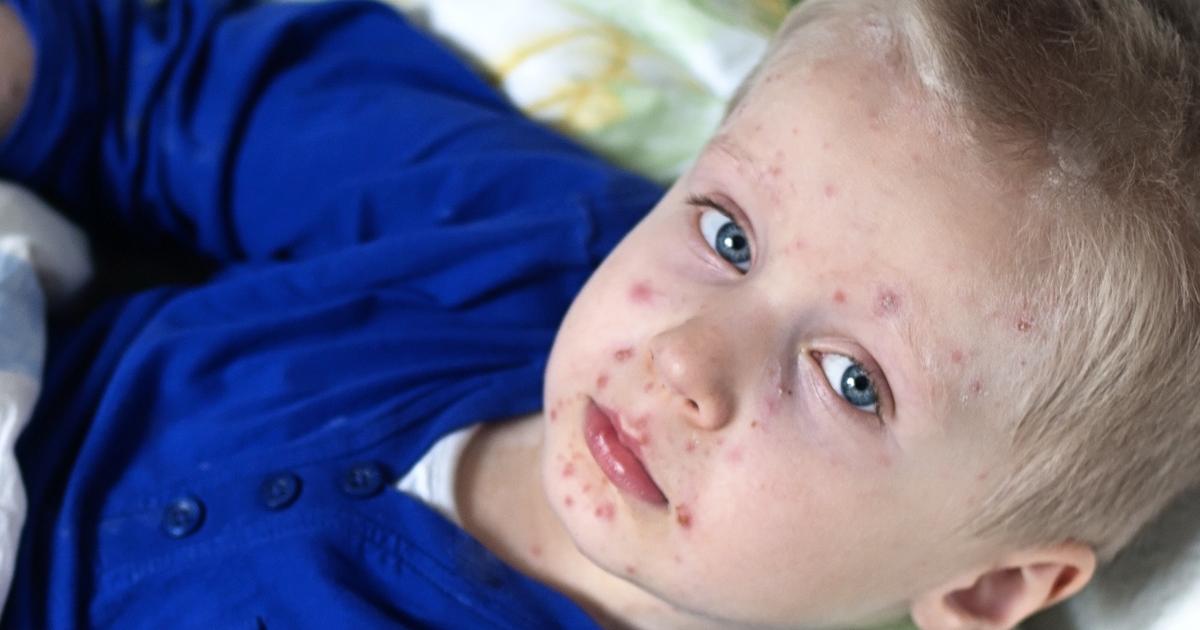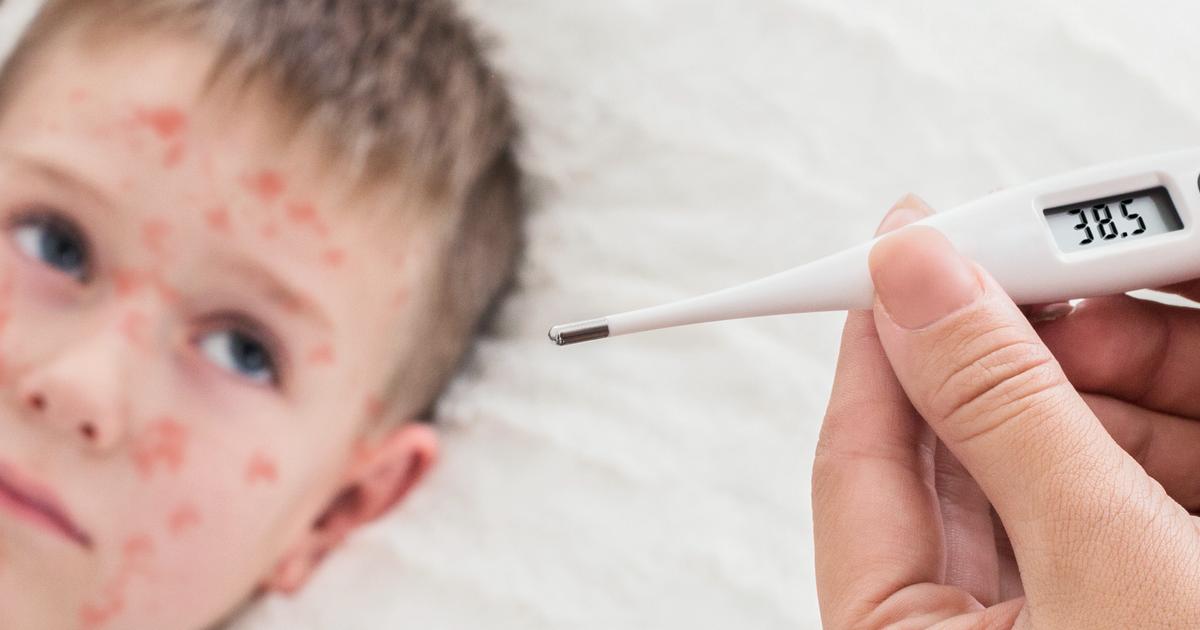Symptoms Linked To The Chickenpox
Chickenpox, also known as varicella, is a highly contagious virus that can be transmitted through the air. Although most common in children, it sometimes affects adults too. A vaccine to protect against this condition was introduced in the United States in 1995, and two doses of the vaccine provide ninety percent protection against the virus. Doctors recommend vaccination for anyone who has not had chickenpox; individuals who have had the condition normally have lifelong immunity and do not need the vaccine. To diagnose chickenpox, doctors will examine the skin for any rashes, and blood tests or skin samples might be used to confirm the diagnosis. Antihistamines can reduce itching associated with the rash, and antiviral medicines such as acyclovir may be prescribed to patients at a high risk of complications from the virus.
Iconic Itchy Rash

An iconic itchy rash is often the major symptom produced with the chickenpox. The rash generally begins on the chest, back, and face, eventually spreading across the entire body. Occasionally, the rash may also be present in the mouth. At first, small raised pink or red bumps appear, and these form blisters that break open in about twenty-four hours. After the blisters break, scabs form over them. Patients with varicella may have between 250 to five hundred blisters, and the patient is considered contagious until all of the blisters have formed scabs. For most patients, the process of scab formation takes about a week. To reduce the extreme itchiness of the chickenpox rash, it may be helpful to put calamine lotion on the blisters, and a colloidal oatmeal bath is often particularly soothing. If blisters occur in the mouth, it is beneficial to follow a bland diet of soft foods so eating is easier.
Fever

Patients with varicella may develop a fever, and this symptom normally begins one or two days before the rash appears. Generally, most patients have low-grade fevers, and taking acetaminophen or another fever-reducing medicine is often recommended. A healthcare provider should be consulted before ibuprofen is used for a patient with chickenpox; some research has suggested this medication could cause skin infections or tissue damage in patients with this illness. Acetylsalicylic acid should never be used to reduce a fever in children under nineteen years old. It is important to monitor the patient's temperature every few hours, and a doctor should be called if a fever lasts for more than four days or if it reaches 102 degrees Fahrenheit or above. Medical attention is also necessary if the patient develops a rapid heartbeat or if they experience shortness of breath. To reduce the discomfort associated with fevers, it may be soothing to apply a cool washcloth to the forehead or face.
